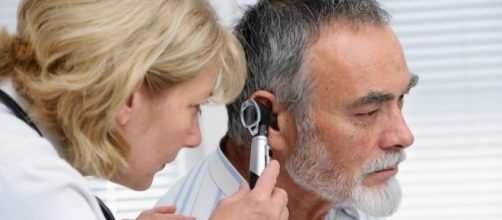According to a new report that was recently published by researchers at the prestigious John Hopkins School of Medicine in Baltimore, Maryland Hearing Loss is projected to double by the year 2060. Lead Study author Adele Goman and her fellow researchers used data from the U.S. National Health and Nutrition Examination Survey (NHANES) to make these projections.
Findings from the study
The study found that among adults in America that are age 20 and older hearing loss is expected to increase to affect 73.5 million people by 2060, which would be 23% of adults in the country.
This is a large jump compared to what hearing loss is expected to be in 2020, affecting 44 million adults, which would be 15% of the adult population. This large increase will mostly be due to the aging population of the United States. According to the study by 2020, 55% of all adults with hearing loss will be over the age of 70 and that rate will go up to be 67% by 2060. As the chief staff officer of audiology at the American Speech-Language-Hearing Association Neil DiSarno put it, "This study projects unprecedented growth in this chronic health condition."
What these results mean for the future
The lead author behind the study, Adele Goman, summed up what this would mean for the future by saying that, "In the coming decades, there will be an increased need for affordable interventions and access to hearing health care services." The study noted that hearing loss will become a major public health issue in the future, with there needing to be new, innovative and cost-effective ways to combat the problem.
As it was pointed out, hearing loss affect people in other ways, like their quality of life and ability to engage and communicate in various social or family activities. Hearing loss also has been linked to a decrease in mental ability as well as higher incidences of anxiety, depression, falls and in hospitalization. The best way to protect your hearing is by limiting exposure to loud noises, especially music.

